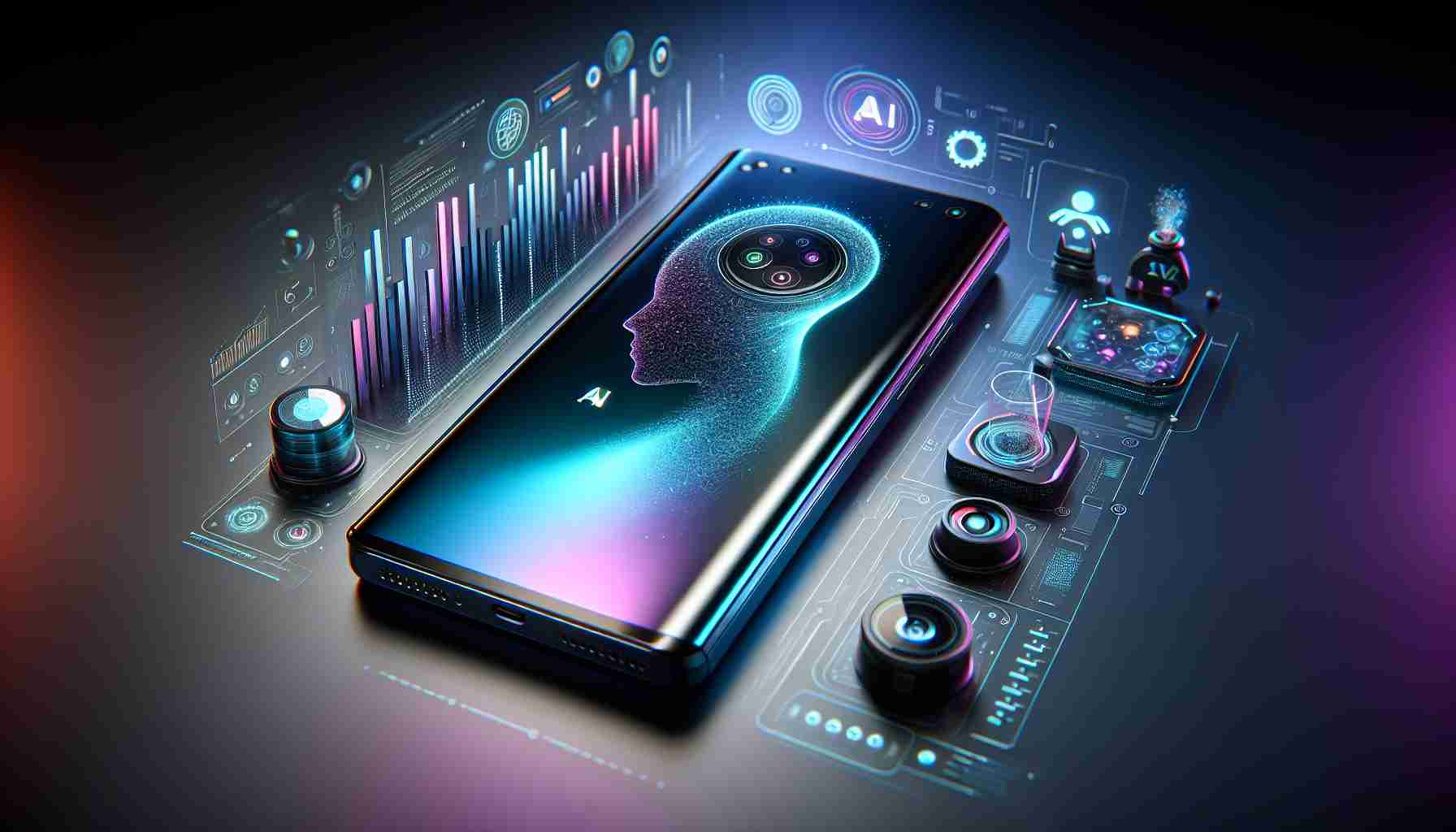Apple Inc. is set to unveil its latest flagship device, the iPhone 16, on 9th September, marking a significant shift in the company’s strategy.
Moving away from its traditional hardware-centric focus, Apple is now emphasising software innovation, with artificial intelligence (AI) taking centre stage in the new iPhone.
Join our WhatsApp ChannelThe iPhone 16 will come with advanced AI capabilities integrated into the new iOS 18. This shift has been recognised by industry experts as a major turning point for Apple.
“The hardware evolution of the Apple iPhone is coming to an end. The future of technology lies in software, and Apple understands that,” said Ndubuisi Ekekwe, a technology inventor and CEO of Famiscro Group, in a LinkedIn article.
Competing with Android in AI Integration
This move by Apple puts it in direct competition with Android phones, which have already integrated advanced AI features.
Google’s Gemini models and associated SDKs offer on-device processing for tasks such as text summarisation, image captioning, and content generation.
These features not only enhance user privacy but also reduce latency, making Android a strong contender in the AI-driven smartphone market.
READ ALSO: Features Of Latest iPhone Series
Okechukwu Emmanuel, the founder and Executive Director of Ninija, echoed this sentiment. “Apple has emerged as a pioneer in software and services, bringing devices to life and redefining the tech industry curve,” Emmanuel wrote on LinkedIn.
He highlighted the integration of generative AI in the iPhone 16 as evidence of Apple’s innovative approach, stating, “By embracing AI, Apple is not only keeping pace but also redefining the curve.”
The Endless Potential of Software
Emmanuel emphasised that as hardware innovation reaches its limits, the potential of software remains boundless.
“Companies that prioritise software will thrive in this new era, where creativity and utility trump tools alone,” he said.
This perspective aligns with the broader trend in the tech industry, where software and services are increasingly seen as the future of innovation.
However, not everyone is convinced that this shift is entirely positive. David Amilo, a researcher and scientist at Near East University, expressed concerns about the privacy implications of the iPhone 16.
He compared the device to having a “personal FBI agent in your pocket,” citing the potential risks of data collection and privacy invasion.
“The possibility of this information ending up in the wrong hands is troubling, putting your security and privacy at risk,” Amilo warned.
Privacy Concerns Amid Software Advancements
Amilo’s concerns highlight the ongoing debate over privacy in the age of AI and advanced software.
While the iPhone 16 promises to bring exciting new capabilities to users, it also raises questions about the balance between innovation and personal privacy.
As Apple continues to push the boundaries of what’s possible with AI and software, the industry and consumers alike will need to consider the broader implications of these advancements.
The iPhone 16 may be a glimpse into the future of technology, but it also serves as a reminder of the challenges that come with such rapid progress.
In the coming months, the release of the iPhone 16 will likely spark further discussion about the role of software in shaping the future of technology—and the responsibilities that come with it.
Emmanuel Ochayi is a journalist. He is a graduate of the University of Lagos, School of first choice and the nations pride. Emmanuel is keen on exploring writing angles in different areas, including Business, climate change, politics, Education, and others.


















Follow Us